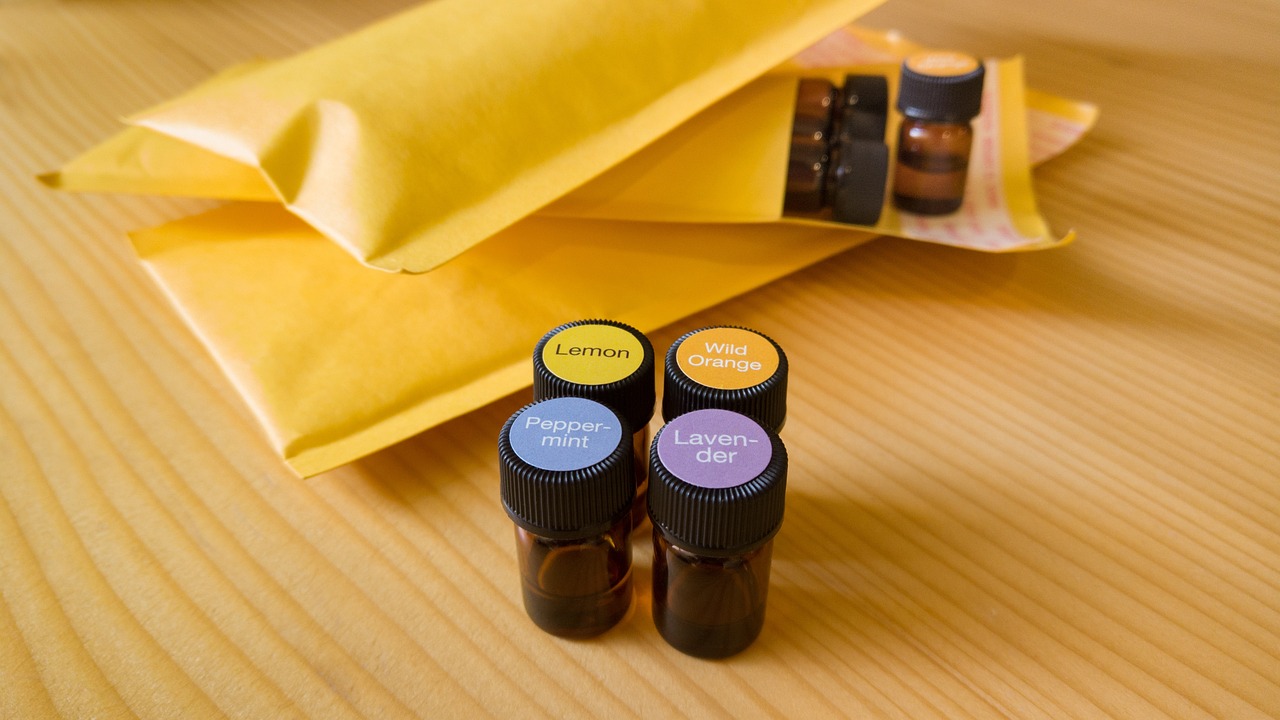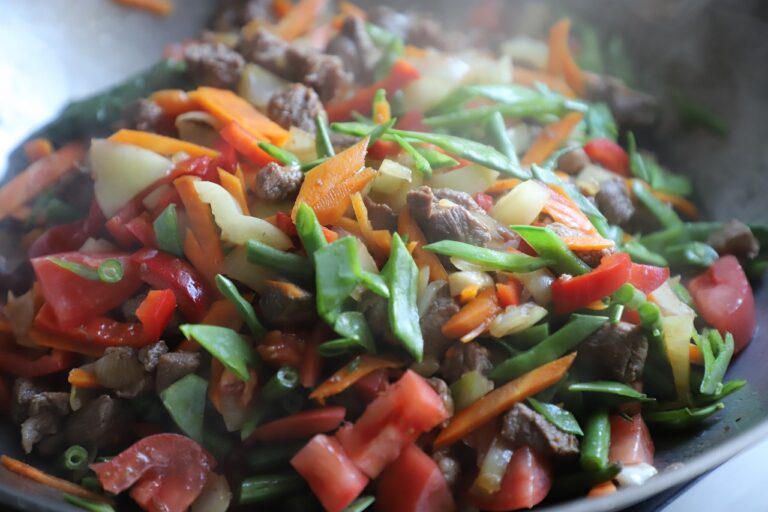Analyzing the Health Benefits of Herbal Supplements for Inflammatory Conditions
Herbal supplements have gained popularity for their potential role in managing inflammation. Many herbs, such as turmeric, ginger, and Boswellia, have been traditionally used for their anti-inflammatory properties. These herbs contain active compounds that may help reduce inflammation in the body by targeting specific pathways involved in the inflammatory response.
In addition to their anti-inflammatory properties, herbal supplements are also known for their antioxidant effects. Oxidative stress is closely linked to inflammation, and by reducing oxidative damage, herbs rich in antioxidants can help alleviate inflammation. Incorporating these herbal supplements into a well-balanced diet may offer a natural approach to managing inflammation and promoting overall health.
Understanding the Mechanism of Action of Herbal Supplements
Herbal supplements have gained popularity for their potential anti-inflammatory properties. These supplements contain bioactive compounds that interact with various pathways in the body to reduce inflammation. One common mechanism of action is the inhibition of pro-inflammatory enzymes, such as cyclooxygenase and lipoxygenase, which are involved in the production of inflammatory mediators.
Additionally, many herbal supplements exert their anti-inflammatory effects by modulating immune responses. They can regulate the activity of immune cells, such as macrophages and T cells, to prevent excessive inflammation. Some herbal supplements also act as antioxidants, scavenging free radicals and reducing oxidative stress, which can contribute to inflammation. Understanding these diverse mechanisms of action is crucial for harnessing the full potential of herbal supplements in managing inflammation.
How do herbal supplements help in managing inflammation?
Herbal supplements contain natural anti-inflammatory compounds that can help reduce inflammation in the body. They work by inhibiting the production of inflammatory mediators and promoting the body’s natural healing processes.
What are some common herbal supplements used for managing inflammation?
Some common herbal supplements used for managing inflammation include turmeric, ginger, boswellia, and green tea. These supplements have been shown to have anti-inflammatory properties and can help reduce pain and swelling.
What is the mechanism of action of herbal supplements in managing inflammation?
Herbal supplements contain active compounds that target specific pathways in the body involved in the inflammatory response. For example, curcumin in turmeric has been shown to inhibit the activity of inflammatory enzymes, while gingerol in ginger can reduce the production of inflammatory cytokines.
Are herbal supplements safe to use for managing inflammation?
In general, herbal supplements are considered safe when taken as directed. However, it is important to consult with a healthcare provider before starting any new supplement, especially if you are taking medications or have underlying health conditions.





